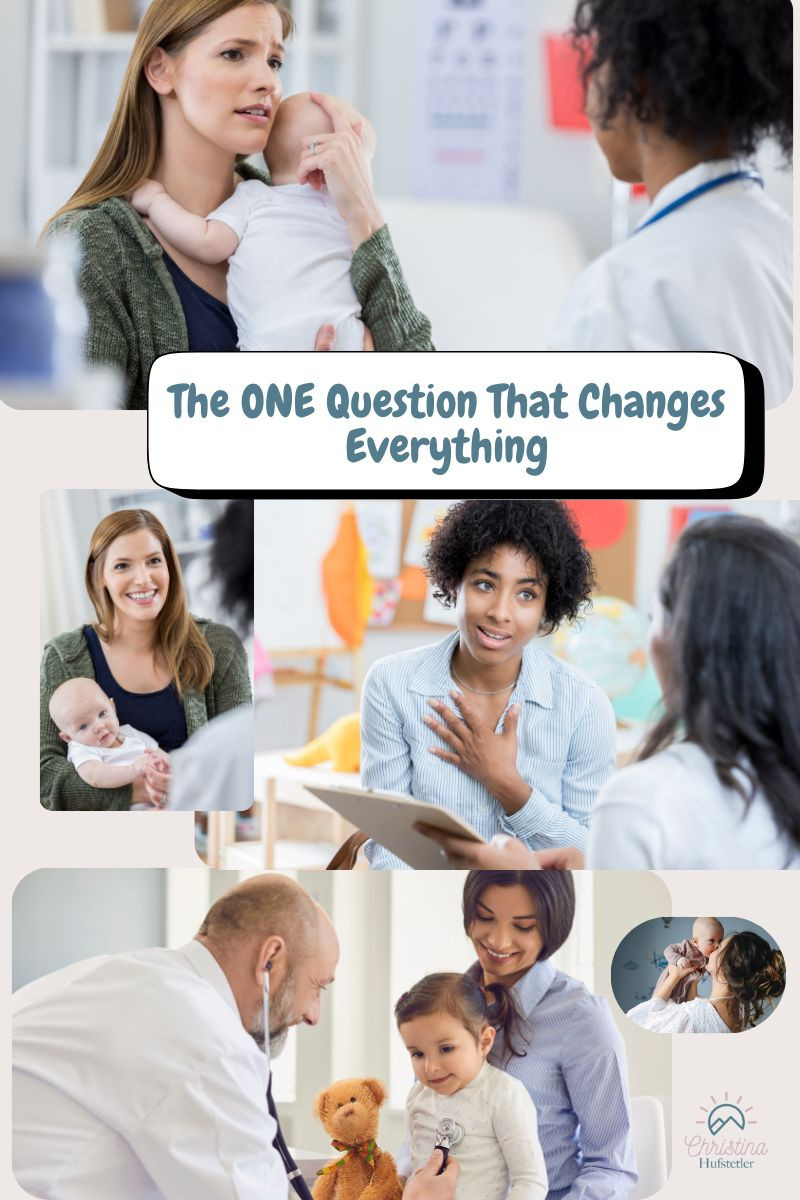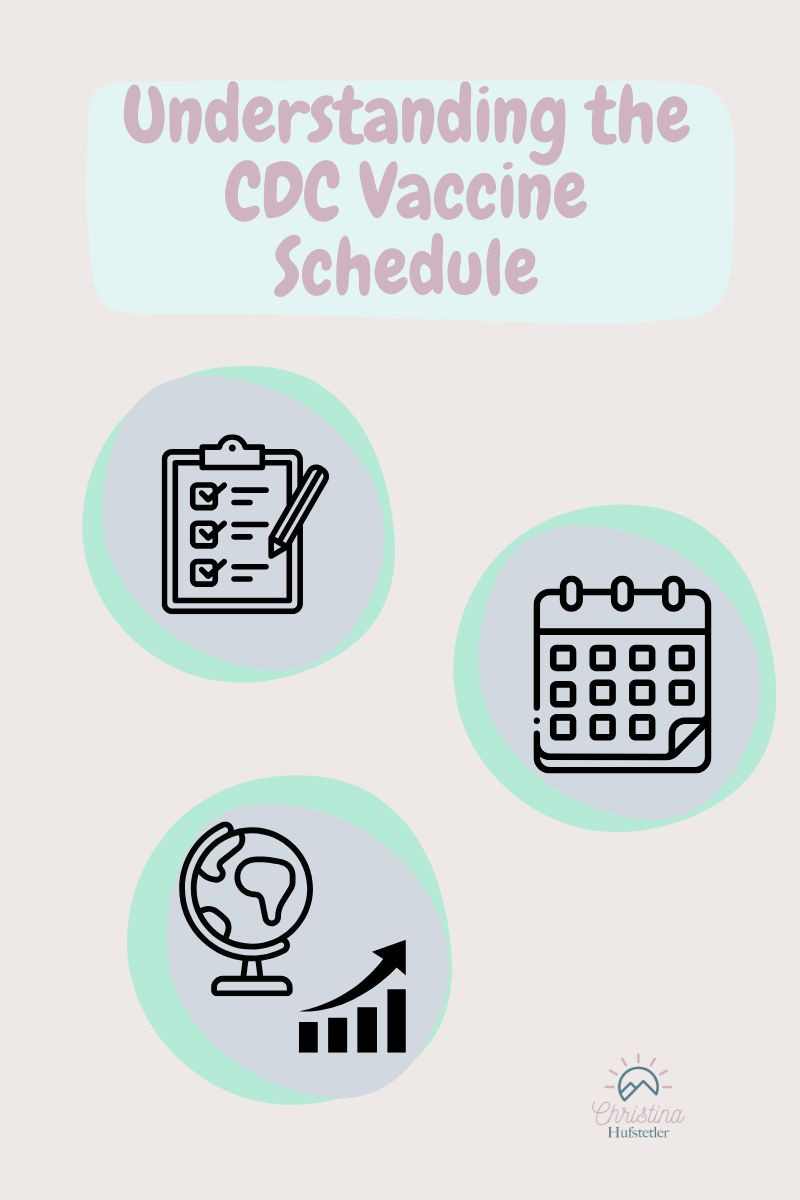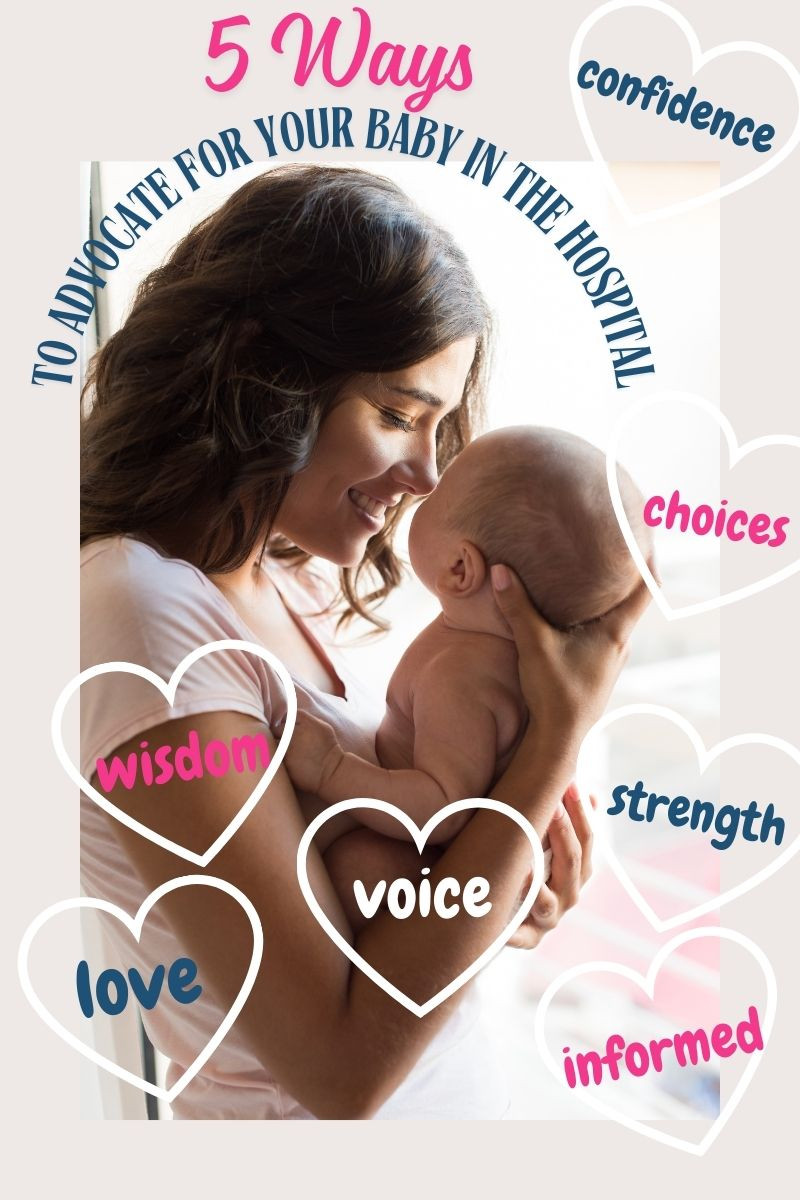
In the journey of making informed decisions for our children's health, many moms feel the pressure of adhering to vaccine schedules without having adequate long-term safety data. Concerns arise from findings that most routine childhood vaccines were approved without long-term placebo-controlled trials, with some safety studies monitoring effects for only a few days. For instance, the Hepatitis B vaccine given at birth had a safety follow-up of just 4-5 days, leading parents to question the thoroughness of these safety assessments.
The current vaccine schedule recommends 72 doses by age 18, a stark increase from 24 doses in 1983. This surge happens despite the U.S. ranking low in child well-being compared to other wealthy nations. The aim isn’t to create fear, but to encourage parents to be informed of their options, including exemptions that might be available based on medical, religious, or philosophical grounds.
Moms should feel empowered to ask questions and trust their instincts when it comes to their child's health. Your role as a protector is crucial, and it's important to understand your rights, the requirements in your state, and make decisions that align with your beliefs and comfort levels. Listening to your maternal instinct is key, as it is your guiding light in safeguarding your child's well-being.
Read more...
Reflecting on past pregnancies, it becomes clear that trusting one's instincts can be more valuable than following expert advice. The journey of motherhood is unique, and while common practices are often presented as the only path, they may not always be the best choice for every mother and baby. The body's natural design to birth, nourish, and protect is a testament to the wisdom passed down through generations.
Research plays a critical role in making informed decisions during pregnancy and childbirth. Routine hospital interventions, required shots, and necessary tests should not be automatically accepted without thorough consideration. Every choice deserves careful examination to ensure it aligns with the best interests of both mother and baby.
Empowerment comes from understanding that every medical decision is a choice. No procedure, no matter how standard, should be rushed without complete comfort and understanding. Trusting in the divine design of the body and the maternal instincts can guide expectant mothers to make choices that will positively impact their baby's life.
Read more...












